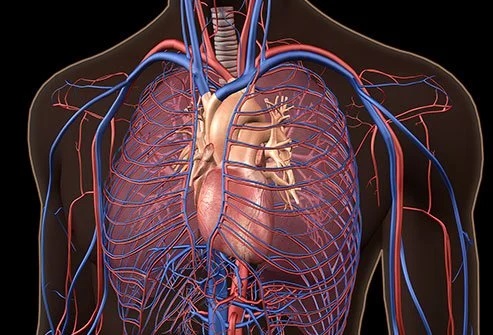Dr Christopher Orton
Respiratory Physician
Specialist expertise: Airways Diseases, Lung Cancer, Interventional Bronchoscopy, Respiratory Medicine, Asthma, Emphysema, Acute and chronic cough, Bronchoscopy, EBUS.
Chronic obstructive pulmonary disease (COPD) is the name for a group of lung conditions that cause breathing difficulties, including emphysema and chronic bronchitis.

Chronic Obstructive Pulmonary Disease (COPD) is a catch-all term for a group of lung conditions. It happens when the lungs and airways become damaged and inflamed.This is a condition that causes breathing problems. It may go undetected in some people because the symptoms occur slowly over time, making everyday activities typically more difficult.
COPD can cause breathing conditions such as emphysema, which is damage to the air sacs in the lungs, or chronic bronchitis which is the long-term inflammation of the airways.
There are several factors that might give you an increased risk of COPD. But it is usually associated with long-term exposure of the lungs to harmful chemicals. Therefore, the common causes are:
f you have COPD you may find that symptoms get worse over time during daily routines. Symptoms might get worse in a quick and sudden fashion, otherwise known as a ‘flare-up’ or an ‘exacerbation’.
The common signs and symptoms of COPD are:
The less common symptoms of COPD are:
Note that symptoms can be indications of something more serious, such as asthma, bronchiectasis, anaemia and heart failure, therefore it is important to seek medical attention, especially if you are a smoker, or are over the age of 35. A simple breathing test can help determine if you have COPD.
so it is important to seek medical attention. If these are symptoms of COPD, it can be an indication that COPD has reached a more advanced stage.
To diagnose whether you have COPD, you doctor at OneWelbeck may examine your chest and listen to your breathing using a stethoscope. They may ask you about your symptoms, and whether you smoke or used to smoke. Your doctor may also calculate your body mass index (BMI) using your weight and height. They may also ask if you have a family history of lung problems.
Your doctor may carry out further tests such as:
While there’s currently no cure for COPD, the sooner treatment begins, the better chance you have of reducing your symptoms as well as the risk of any severe lung damage.
If you are diagnosed with COPD and smoke, the most important thing to do is to stop smoking. Other forms of treatment are inhalers and tablets, which might help make breathing easier. Tables such as Bronchodilator tablets, Mucolytics, Steroid tablets or Antibiotics may be prescribed.
Your doctor may also treat you with pulmonary rehabilitation, which is a specialised programme of exercise and education. In some severe cases, surgery or a lung transplant may be an option. Your doctor at OneWelbeck will discuss the various treatment options with you.
Currently selected day
Available consultations
Causes
Smoking, fumes and dusk from work, air pollution...
Symptoms
Breathlessness, persistent cough, wheezing, recu...
Tests
Chest x-ray, blood test, electrocardiogram (ECG)...
Treatments
Pulmonary rehabilitation, inhalers and tablets
We’ve invited the UK’s best respiratory specialists to join us as partners, with the freedom to make design and delivery decisions based on what’s best for patients.